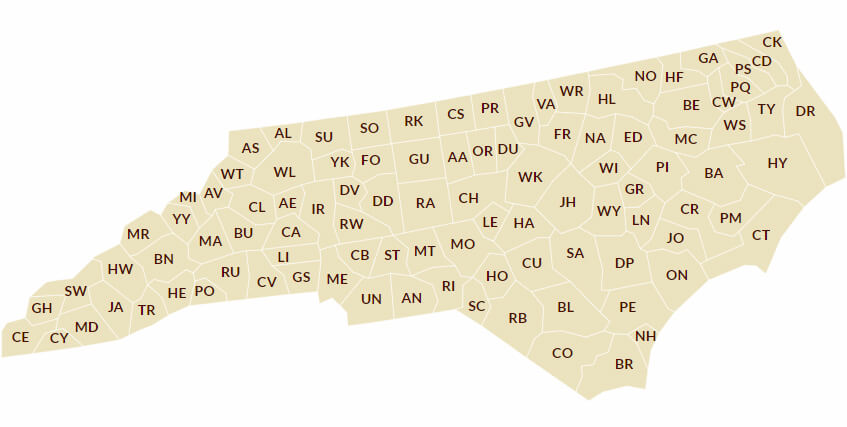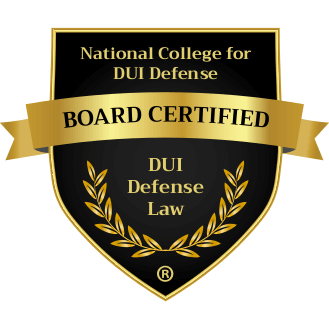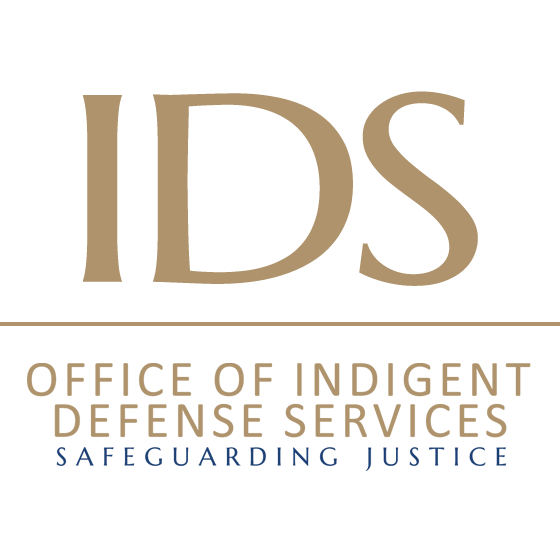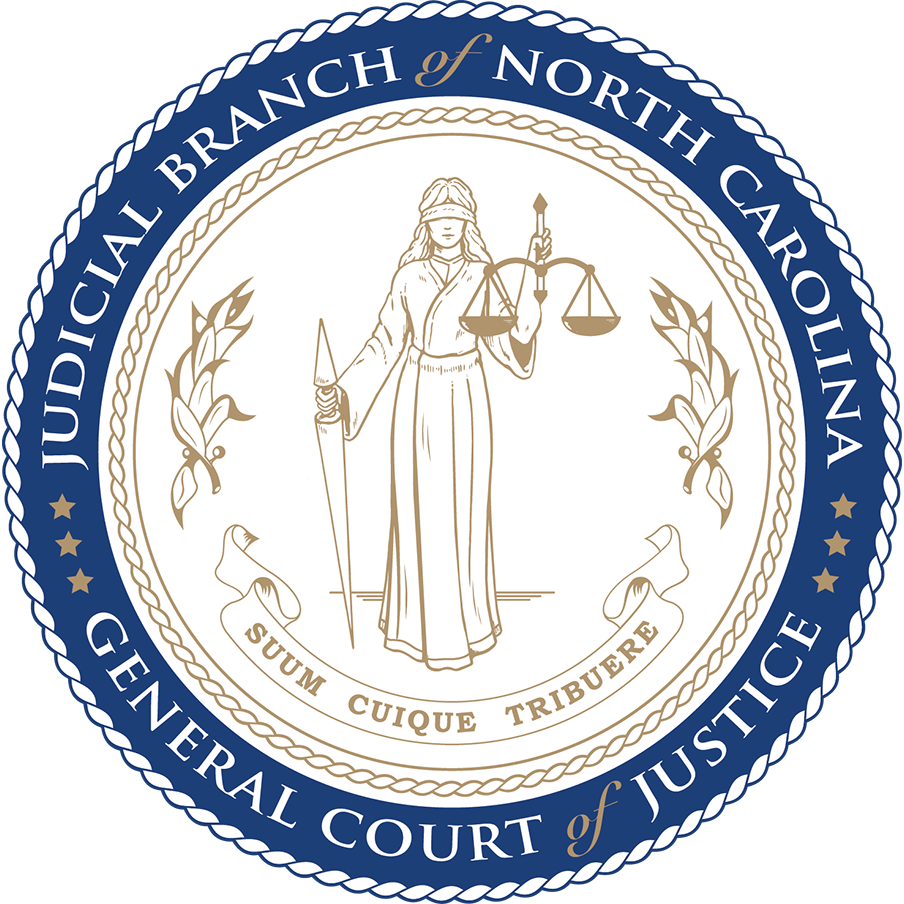North Carolina has its own set of criminal laws and sentencing guidelines that outline the elements of various offenses and their corresponding penalties. North Carolina criminal defense attorneys must have a thorough understanding of these laws to effectively represent their clients.
North Carolina's structured sentencing system categorizes offenses into different levels (A through I), with corresponding ranges of punishment. Each level is associated with a presumptive range of imprisonment, and judges have limited discretion to deviate from these ranges. Criminal defense attorneys work within this framework to advocate for sentences that align with their clients' circumstances.
North Carolina also has specific rules governing the discovery process, which involves the exchange of evidence between the prosecution and defense. Attorneys must be familiar with these rules to gather and analyze evidence, including police reports, witness statements, and other materials that can influence the outcome of a case.
North Carolina's court system includes District Courts, Superior Courts, and the North Carolina Court of Appeals. Cases are initially heard in District Courts, and more serious offenses are elevated to Superior Courts for trial. North Carolina's Office of Indigent Defense Services (IDS) oversees the provision of legal representation to defendants who cannot afford to hire private attorneys.
Criminal defense in North Carolina requires a comprehensive understanding of state criminal statutes, court procedures, and the ability to navigate the complexities of the legal system. Criminal defense lawyers work diligently to protect the rights and interests of their clients while striving for the best possible outcomes under the law.





























